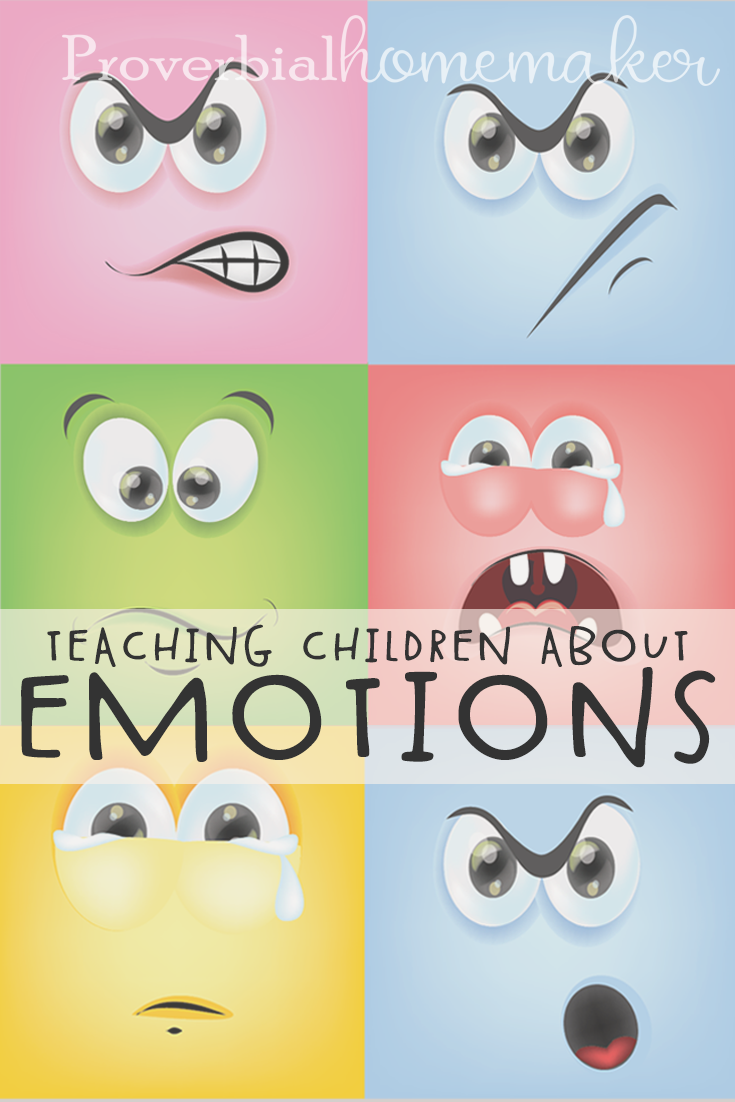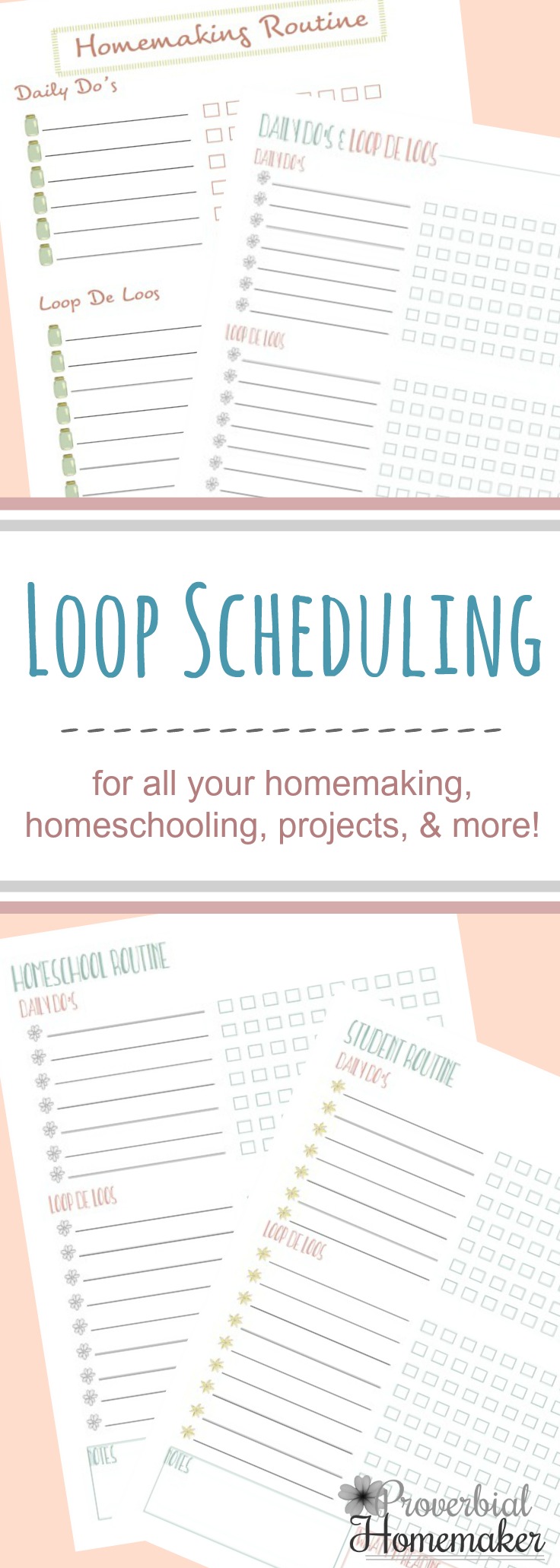Everyone has feelings. One of the goals of parenting is the help the three-year-old express why he is angry instead of having a meltdown in the middle of the grocery store. Likewise, parenting is about making sure your teenager will be able to express his insecurities instead of slowly slipping into depression.
Helping your children understand feelings is a daunting part of parenting for many, but in reality, it is not that challenging. In fact, the Bible can be your guide to helping your children express their feelings in a way that honors God. Below are four, easy steps to teach your child how to express their emotions in a way that honors God.
Disclosure: *This post may include affiliate links. As an affiliate, I earn from qualifying purchases. Read the disclosures and terms for more information.
4 Steps to Teaching Children about Emotions
- Help your child name his feelings. Before your child can express his emotions he needs to be able to identify them.
Many times children may have a temper tantrum because they don’t have the words to express what is going on inside. Just as a toddler may have an outburst because they are frustrated with a toy, an older child may act out when he is disappointed about a parent missing his game. Instead of act of acting out, teach your child to say “I’m disappointed you missed my game.”
Start with the four basic feelings for younger children: happy, mad, sad and scared. As children matures and becomes more comfortable with feelings, they will naturally seek additional labels for their feelings (i.e., jealous, lonely, frustrated, etc.). Whenever possible, whether reading the Bible or a book, watching Television or YouTube or in everyday life, point out different feelings others may be having can help children identify feelings they may be having.
- Teach them that all their feelings are okay.
While feelings may cause people to feel bad on a physiological level (i.e. anxiety often causes the heart to race, people may feel sick to their stomach when feeling guilty), it is important to help children understand that just because a feeling many cause them to feel physiologically bad, that does not mean the feeling is bad.
Using comfortable and uncomfortable feelings, instead of good and bad feelings can help children learn that all their feelings are okay. Further, I like to go also explain God’s purpose of different feelings. For example, many children believe anger is bad or wrong. However, children should be taught anger is the body’s way of telling them that someone did something to them that they do not like (e.g., broke a promise, took something without permission) and they need to do something to protect themselves from getting hurt again. God uses GUILT to tell use when you did something wrong and need to do something to make
it right (e.g., apologize) or change your behavior. - Teach him how to express his feelings in a way that honors God.
Once the feelings is identified and acknowledged, your child has to decide what to do with it. There are several ways to accomplish this goal, including encouraging your child to talk about his feelings. As a parent, you can
help your child think through different options for handling each situation. An example would be if your
child was feeling jealous because they can’t score a goal in soccer, but someone else can. You can have them think of things he can do that is special or help him think of ways to improve his soccer game.As Christians, help your child learn what the Bible says about different feelings. The book, TeachingChrist’s Children About Feelings was written to accomplish this goal in an easy to follow story format. The main message of this book is that, “all your feelings are okay because God gave them to you, it is what you do with each feeling that matters.”
- Allow the child to decide what to do about the feeling.
God gave each of us power over our emotions. Helping children realize that there are the bosses of their feelings is a very powerful message.
How do YOU teach your kids about handle emotions in a healthy and godly way?








 by Stephanie, The Multi Taskin' Mom
by Stephanie, The Multi Taskin' Mom